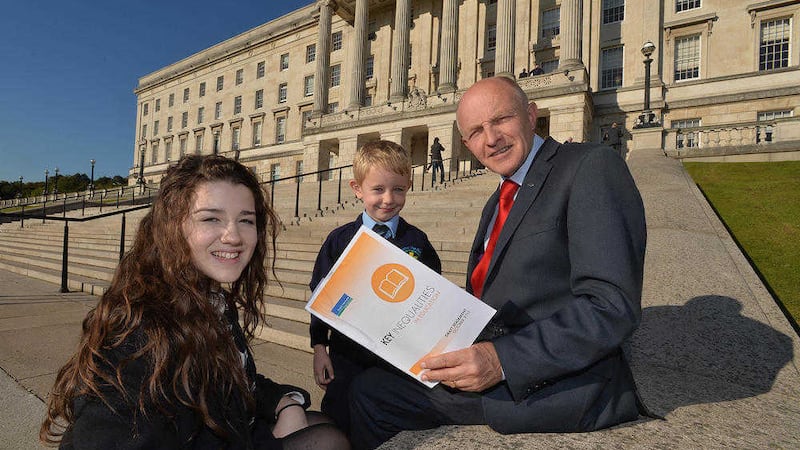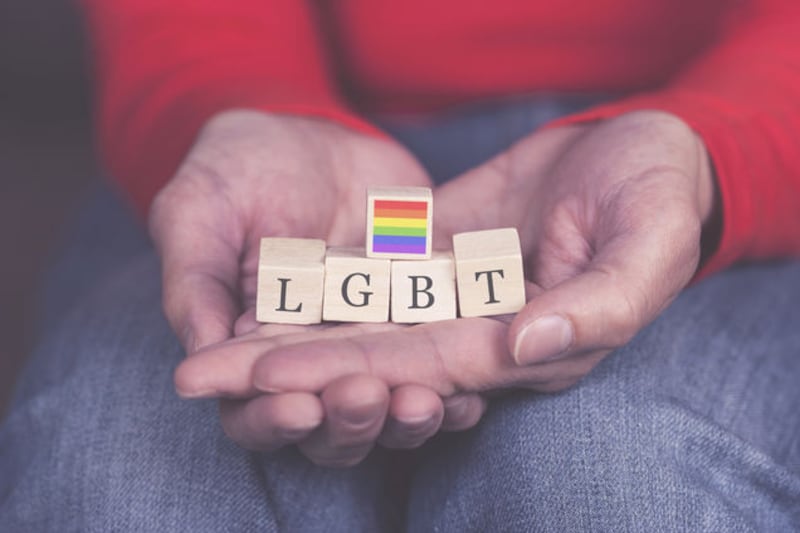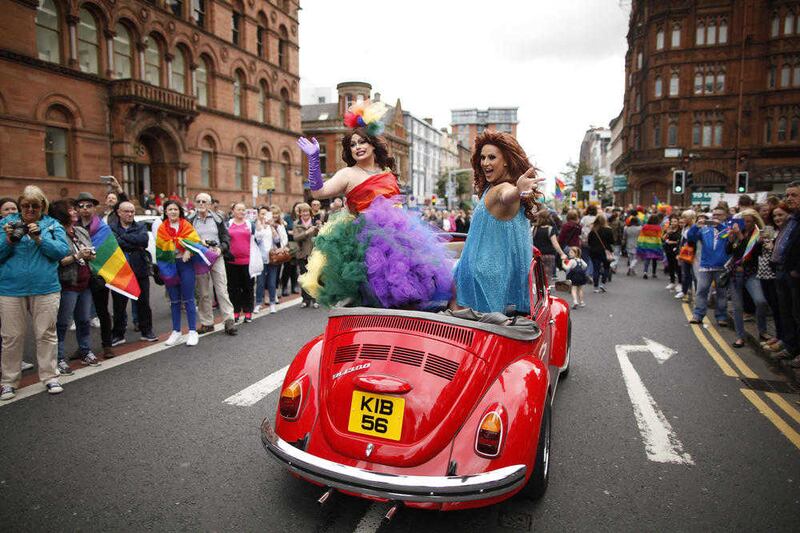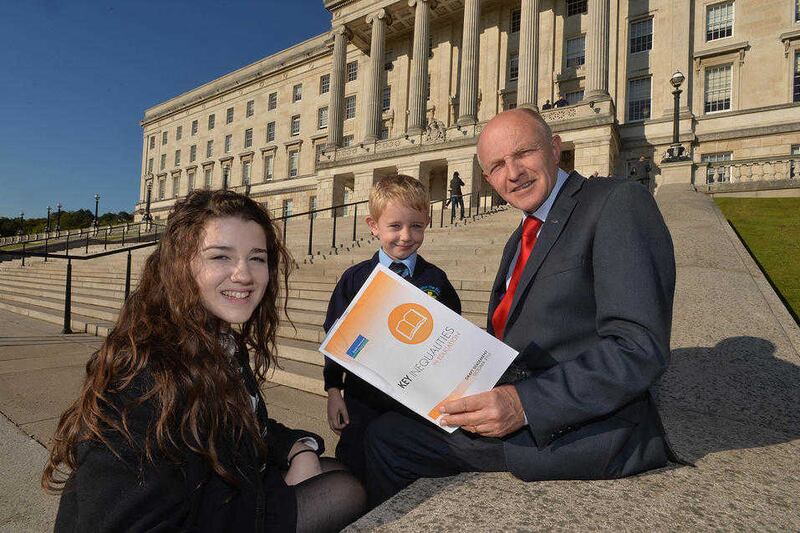Inequality in education has become worse in the north in recent years, a major report has found.
Key Inequalities in Education is a newly-published assessment of the experiences of people in education across all the equality grounds in Northern Ireland.
Published by the Equality Commission, the report highlights issues faced by schoolchildren from ethnic minority backgrounds, prejudice-based bullying and persistent underachievement by working-class Protestant pupils.
It highlights that many children continue to experience persistent inequalities because of barriers which are linked to disability, gender, religion and other equality grounds. These inequalities are magnified for children coming from social and economically disadvantaged backgrounds.
The impact of the research findings were discussed with experts from the education sector and people involved in and affected by it at a meeting yesterday.
The Equality Commission plans to use the feedback from this event to assist in the finalisation of a statement, which it hopes will help shape future initiatives on important issues.
The report found:
:: The gender gap between males and females, which begins at primary school, increases by GCSEs and A-levels
:: The proportions of Catholics achieving GCSE and A-level targets is persistently higher than Protestants and the gap widened between 2007 and 2012
:: Minority ethnic pupils generally are more likely to leave school with no GCSEs than are white school leavers
:: Disabled students are less likely to go on to higher education than those without a disability or special educational needs
Michael Wardlow, chief commissioner of the Equality Commission, said education determined the extent to which children could realise their full potential in all aspects of life. Inequalities in education were a key component of inequality in society, he said.
"We've known for a long time that while the education system in Northern Ireland works well for many of our young people. For too long, significant numbers of pupils have struggled to fulfill their potential as a result of that same system," Dr Wardlow said.
"This research and statement highlights areas where there are educational challenges and how these impact on vulnerable children. It highlights the painful truth that not much has changed in this area since 2007 when the commission issued its first statement on Key Inequalities in Education."
Dr Wardlow added that identifying and highlighting inequalities was only the first step.
"These educational fault-lines must be followed by action," he said.
"There is a responsibility on those who shape and manage our education systems - those in government departments and the assembly; on education and school boards; on the Churches; political leaders and those across the community - to focus on and overcome these enduring barriers which continue to disadvantage the most vulnerable sections of our community."







